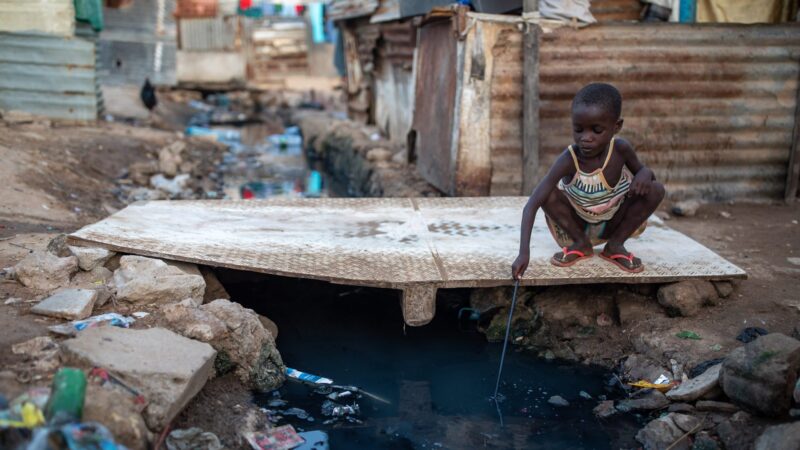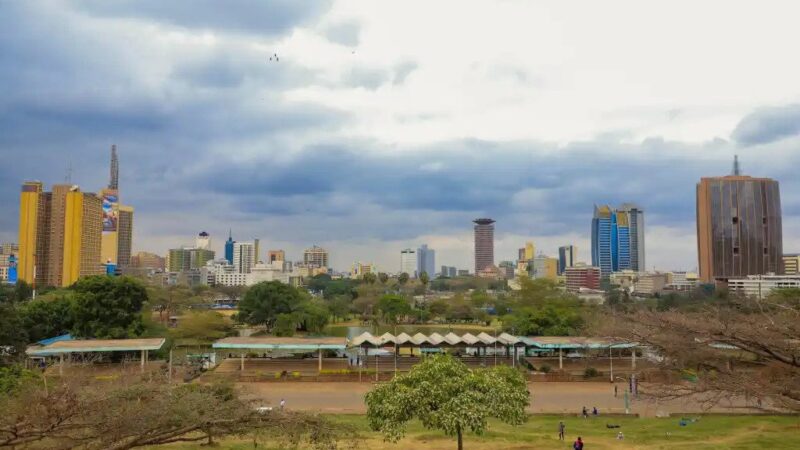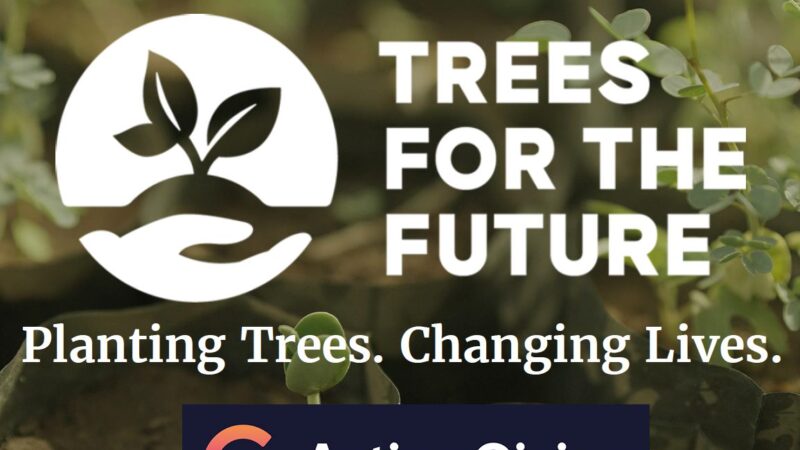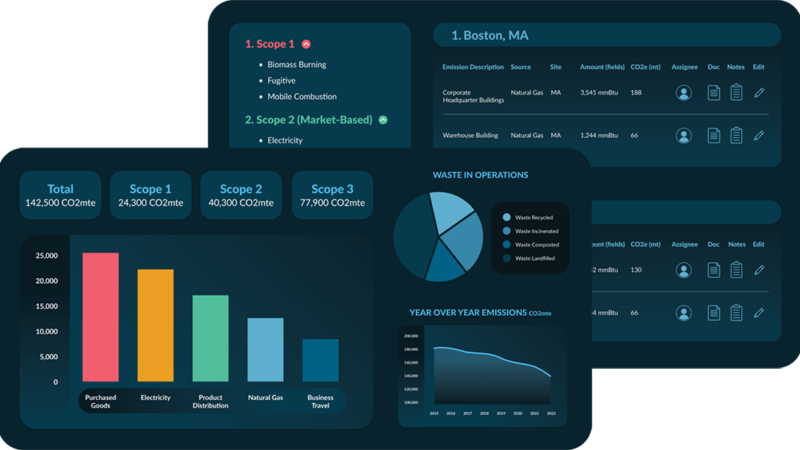The Unintended Consequences of Borehole Water Drilling in Kenya
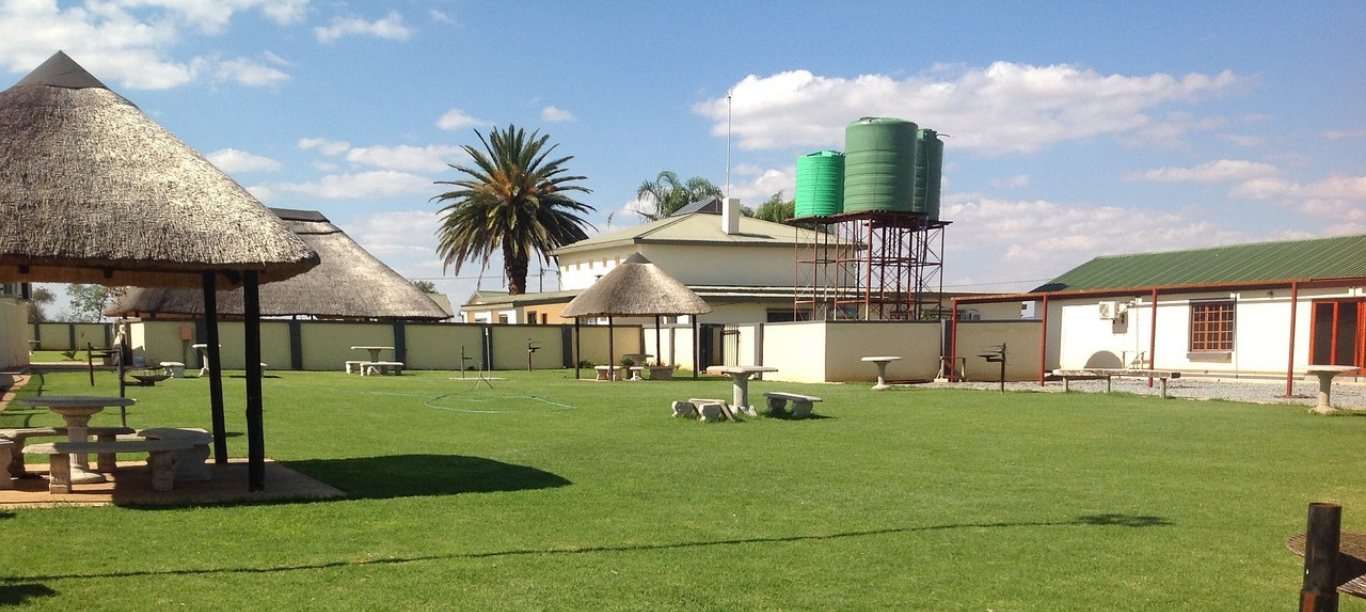
In Kenya, unlimited borehole water drilling is on the rise, driven by the increasing demand for water due to population growth, the emergence of cottage food enterprises, and the modern household’s ever-growing needs. While access to clean water is crucial, we must pause to consider the far-reaching effects of this unchecked activity. Surprisingly, the more concentrated boreholes become on land, the more inequality they create. The over-extraction of aquifers leads to a declining water table, and only those who can afford deeper drilling can access water in these areas.
This unregulated race for groundwater extraction has given rise to competing interests and unforeseen consequences. Farmers, manufacturers, and urban households each have distinct water needs, leading to water theft in urban Kenya. This phenomenon not only threatens the equilibrium of the water ecosystem but also endangers the sustainability of various sectors. Farmers face the loss of biodiversity crucial for sustainable agriculture, households grapple with high salt deposits on their faucets and pipes due to the intrusion of salty water into freshwater aquifers, and manufacturers must budget for additional water sources as the available volumes dwindle.
It begs the question: Who are we fighting in a world abundant with water and an array of technology for water production and recycling? The true adversary is not a knowledge gap or a shortage of policies but rather the challenge of embracing sustainability as a culture in our daily interactions with nature, particularly water. Sustainability must be ingrained in our collective consciousness, not merely sitting in the realm of theory but becoming a fundamental part of our lives.
Environmental experts conducting environmental impact assessments should be acutely aware of these effects and address them in their reports. It’s a matter of acknowledging that we are part of a larger community and that our efforts, while important, are not enough. Sustainability is difficult to achieve on an individual level; it requires a communal approach.
One promising solution is the promotion of community borehole water sources. Such initiatives can foster ongoing discussions among stakeholders about sustainable water use. Policies and practices guided by selected boards can play a significant role in curbing water theft, addressing competing interests, and mitigating depletion due to excessive drilling. Furthermore, community-based water sources provide a platform for monitoring and responding to new environmental challenges, especially as we witness the emergence of new pollutants resulting from changes in lifestyle and climate conditions.
In conclusion, addressing the adverse impacts of unlimited borehole water drilling in Kenya requires a shift towards sustainability as a shared cultural value. Only through collective efforts and community-based initiatives can we hope to strike a balance between our increasing water needs and the imperative to preserve this precious resource. Success in land and water lies in our hands as we work together to safeguard the environment for present and future generations.

